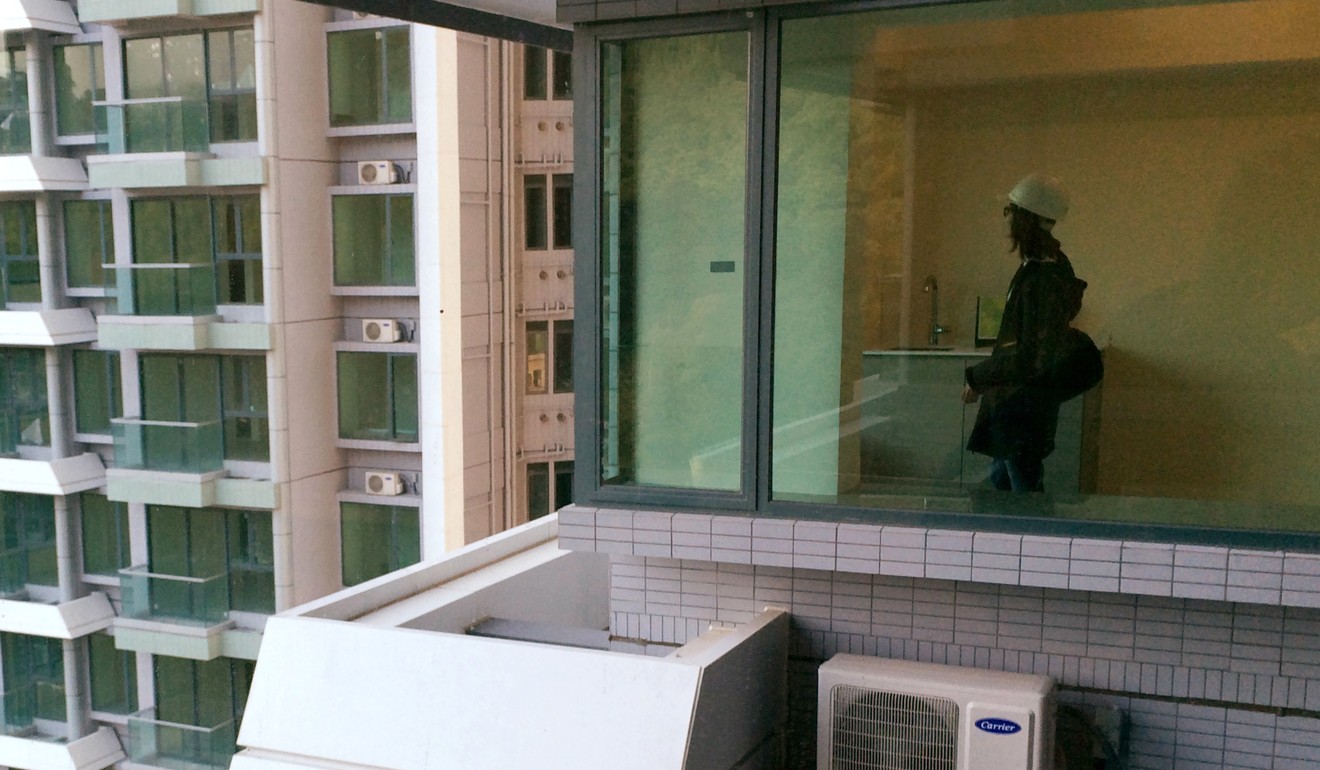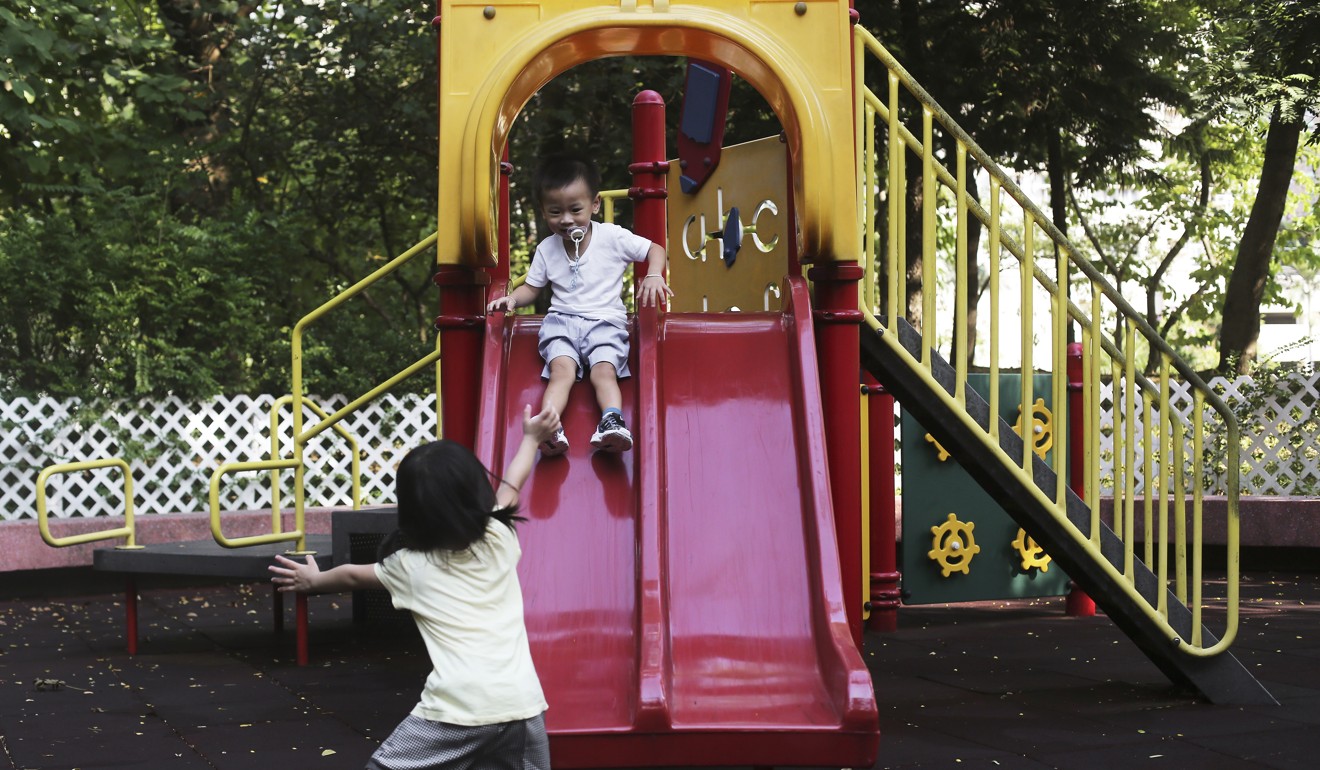
Finding a cure for Hong Kong’s loneliness must be a priority
Tight spaces and high costs put younger generations at risk, Luisa Tam says
Hong Kong is a very lonely city and this sad epidemic is slowly sapping the life out of our young people.
Many Hongkongers feel isolated, even though they live in one of the most densely populated places on Earth. With some 7.3 million people, the city’s population density stands at 6,644 people per sq km; in the Kwun Tong district, the situation is nearly nine times worse with 57,250 people per sq km.
The living space approved by government planners is merely 61 sq ft and together with a toilet and kitchen included, it is commonplace to see a flat measuring around 120 sq ft, roughly the size of a parking space.

Living in such proximity and being stacked atop each other, you wouldn’t expect people to feel alienated. But sadly, this seems to be the case. Young children who are cooped up in subdivided units of no more than 120 sq ft with their families have nowhere to play inside or outside their homes, nor a space to interact with other children. Ask many of these children and you will find that for many, their bunk beds are where they spend most their time. They eat and do their homework on their bunk beds.
They are not the only ones who stay stuck indoors. The city also has a segment of its population, mostly male, who prefer to shy away from the general population and opt to live in the digital universe rather than the real world. They are known locally as duk naam or “toxic boys”.
Hong Kong prefabricated home trials to be launched at HKU and Science and Technology Park
Then, there is our young-and-spirited generation of university graduates who are told that their future job prospects are declining and they are less competitive than their Asian counterparts because their education doesn’t prepare them well enough. Not only that, they are told that if they want to ever own a shoe box-sized flat, they would have to give up at least 20 years of their lives to work hard and save money. Why would our young people not feel lonely and unloved?
It might be too late to save the “toxic boys” because most of them have reached the point of no return, either too old or too set in their ways to change, but there’s still a chance for our children and university youngsters.

Play is children’s fundamental right and only through providing them with adequate time to play freely can they achieve holistic personal development. There is no substitute for play. It’s common knowledge that public outdoor playgrounds in the city are neither exciting nor fun enough to attract children and meet their needs. The government should rethink the idea of preventing people from stepping onto grassy spaces. Let our kids run barefoot on grasslands and build more meaningful outdoor play spaces.
Fostering our students’ level of hope for the future should also be our priority. They should look to the future with hope and not fear and worry. Build what needs to be built to improve housing affordability, may it be the launching of legal subdivided flats or cargo container temporary housing. Do it, and do it quick.
Luisa Tam is a senior editor at the Post

